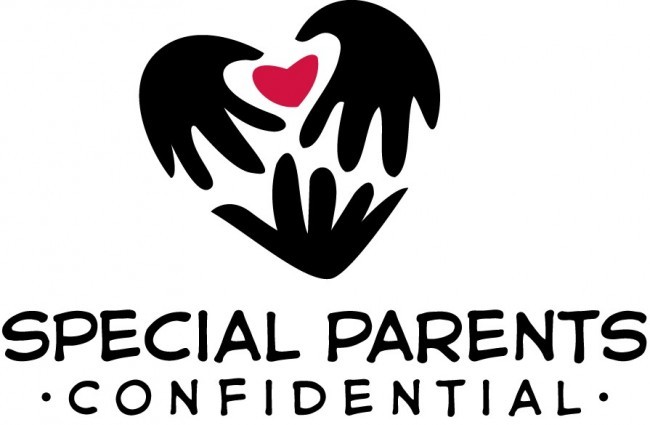Child Illnesses.
The 2017-2018 Cold and Flu season is well underway. News headlines from all over claim this year’s flu is the worst yet. For any parent, child illnesses can be very traumatic. Dealing with sick kids while trying to juggle your career schedule can be a nightmare in and of itself.
The Doctor’s Advice
Last year we posted three different episode interviews with our friend Dr. Patricia Schultz, an emergency medicine trained physician. After finishing residency and practicing in the ER for a few years, she found her real passion was utilizing her medical training to help patients and families get the best medical care possible. She also taught medical students how to perform to the best of their abilities while having the utmost empathy, respect and compassion for their patients. Dr. Schultz is currently a healthcare consultant in the private sector, and is working on writing her second book. She is also personal friend of our family.
Click on the links below to access each episode.
Special Parents Confidential Episode 48 Colds and The Flu and Your Child
It seems like every year the season for colds and the flu gets longer. Whether you’re a parent of a special needs child or not, our kids are coming down with colds and the flu all year round – for that matter, so are we parents. But what exactly are colds and the flu? Did you know that they share some of the same symptoms? How do you tell them apart? What’s the difference between the flu and a 24 hour stomach bug? How do you treat these illnesses and what can you do if you have a special needs child that has sensitivities to medicines or has challenges with standard treatments?
Why Do Colds And The Flu Affect Kids Differently Than Adults?
In this episode of Special Parents Confidential, Dr. Patricia Schultz provides some answers. Including ways that you can help treat kids who have aversions to medicines. She also talks about the warning signs for when your child might have something else going on instead of the cold or the flu, why dehydration is a huge concern for sick kids, and – most importantly – when it’s time to take your child to the hospital.
Special Parents Confidential Episode 40 Child Medication Errors.
Have you ever checked your child’s medications to see if you’re giving them the right medicine? Of course you have. Have you ever checked your own ability to measure out the correct dose of medicine? Are you certain your measuring ability and the tools you’re using to measure the medications are accurate? Child Medication Errors are much more common than you think.
This is a concern that’s not just for parents of special needs kids, but for all parents. The simple fact of the matter is if you are the parent of a child who has ever been prescribed a medication or has taken over the counter medications for any reason, and if you have used any kind of liquid medication, you have probably made some dosing errors whether you realize it or not.
Liquid Medication Errors and Dosing Tools, a Randomized Controlled Experiment.
In October of 2016 a study was published by the American Academy of Pediatrics that showed that greater than 84 percent of parents who participated in the study made some kind of error when measuring a liquid dose of medicine, with 68 percent of those errors being an overdose, and twenty percent of the errors being double the amount of medication that was prescribed.
Preventing Child Medication Errors: How Accurate Are Your Measuring Tools?
The study looked at several medicine measuring tools including the small plastic measuring cups that are commonly included with over-the-counter medications, liquid measuring syringes (not the kind used in vaccinations), kitchen measuring spoons, and tableware. The degree in variations of accuracy between all these measuring tools was astonishing and alarming.
In this episode, Dr Schultz talks about the results of the study, some of the most common mistakes parents make when using measuring tools, and the dangers of incorrect dosages of medications for kids. She discusses which of the measuring tools tested was the most accurate, how to check with your doctor and your pharmacist to make sure you’re measuring accurately, and whether or not homeopathic medicines are really safer than pharmaceutical medications.
Special Parents Confidential Episode 38 All About ER
Finally, we have this episode where we discuss trips to the ER, which can happen often, if you’re a parent of a special needs child. Dr. Schultz talks about how parents can lessen children’s fears of the ER and the doctor’s office in general. What parents can do to help doctors and staff members understand the unique challenges our kids face. How parents can best advocate for their kids. How to make sure that in an over-worked environment like a busy ER, that the staff is really focusing on our children.
Dr. Schultz also discusses what parents should do when conflicts arise with the medical staff, which unfortunately can happen. The dangers of trying to diagnose our kid’s medical problems through internet searches. Finally, why it’s important to follow up an ER visit with an appointment to your family doctor or pediatrician.
Disclaimer:
Dr. Schultz’ contributions in all of these episodes are for informational purposes only. Always talk your family physician or pediatrician before considering any kind of medical treatment, therapy, or medication.
